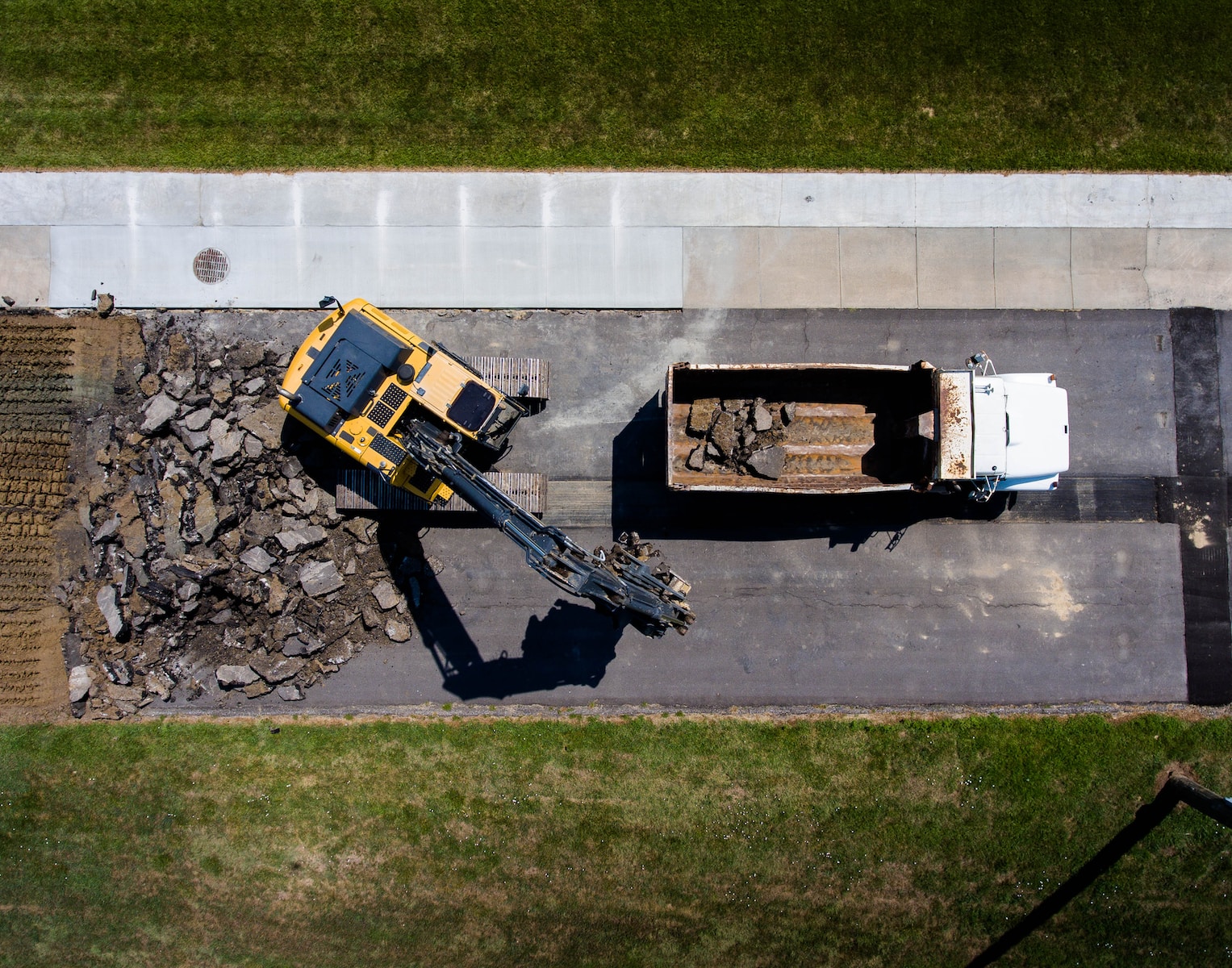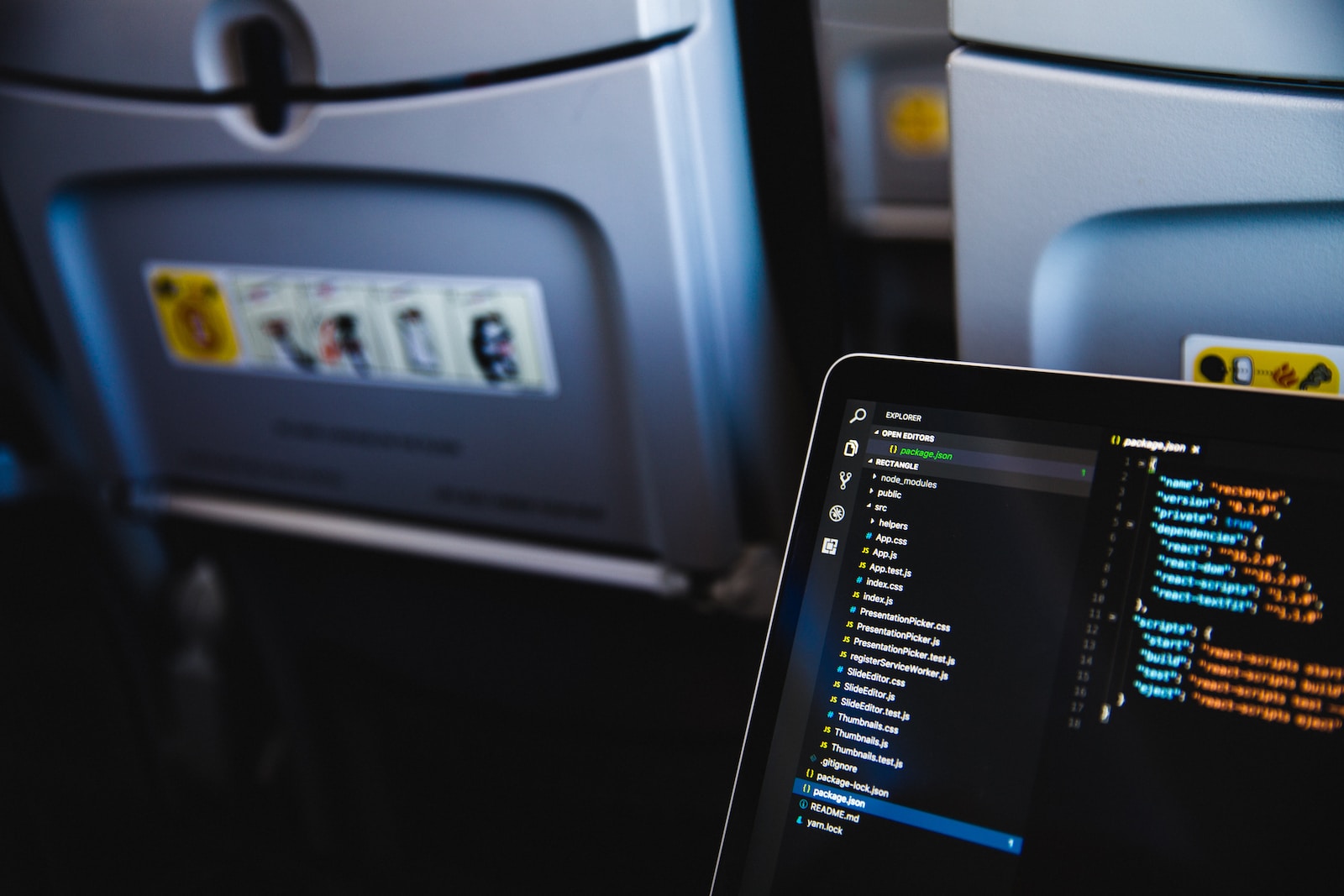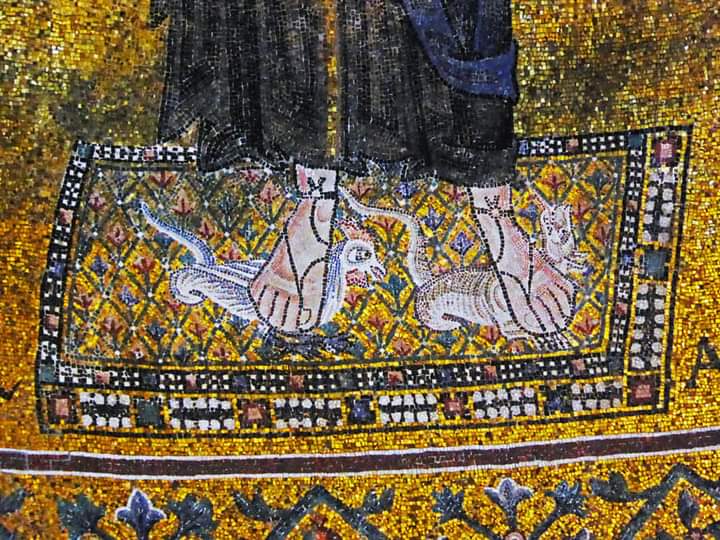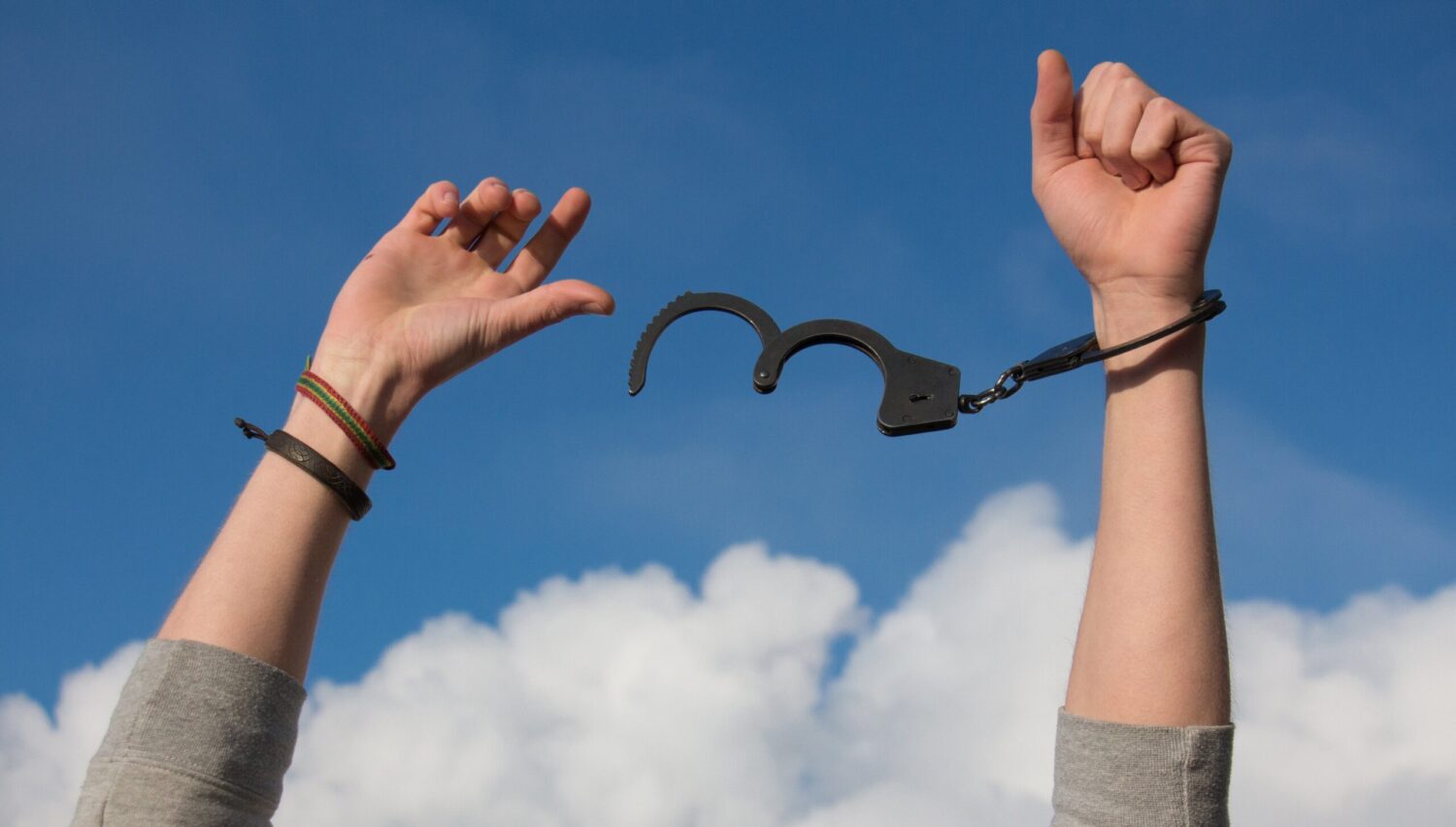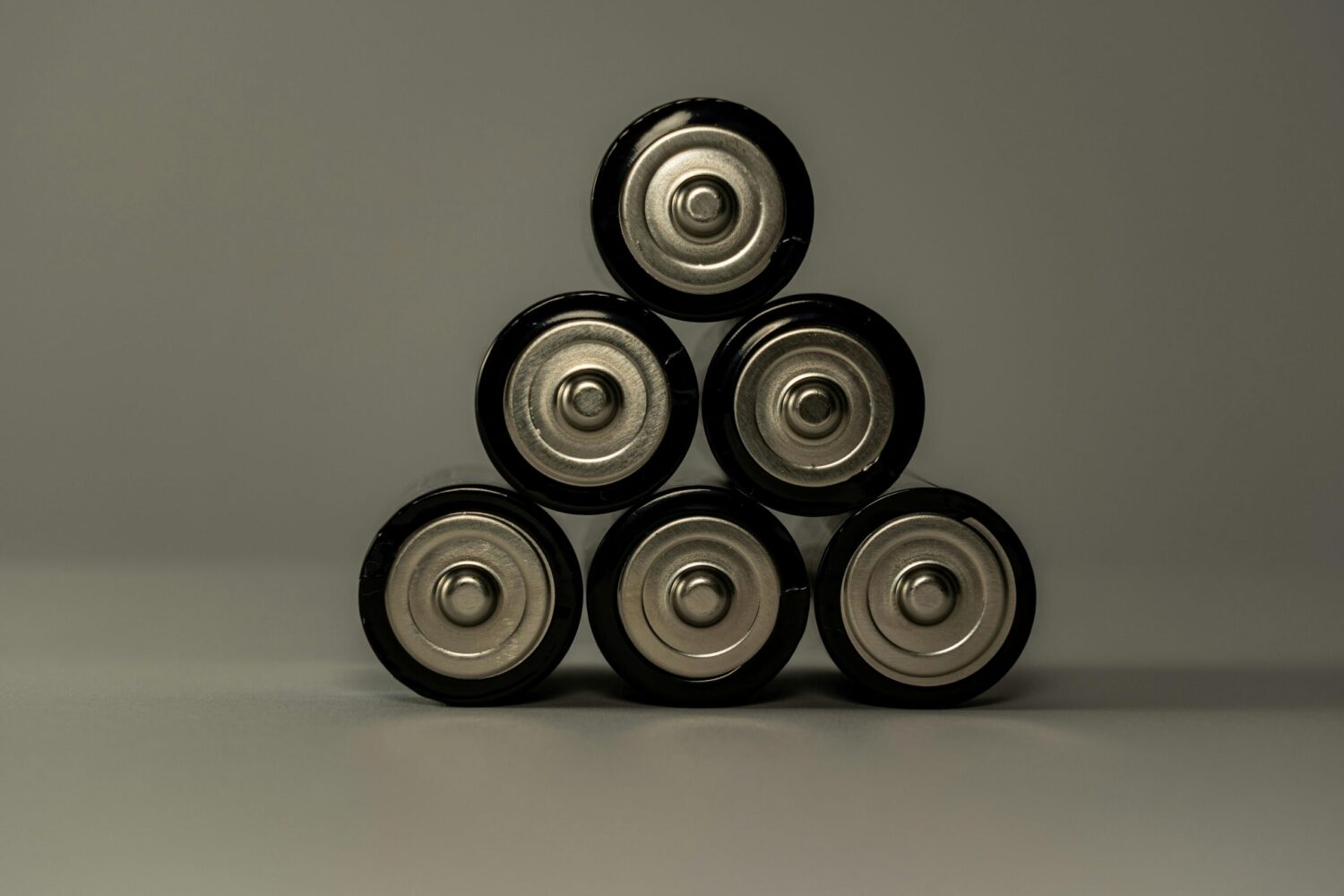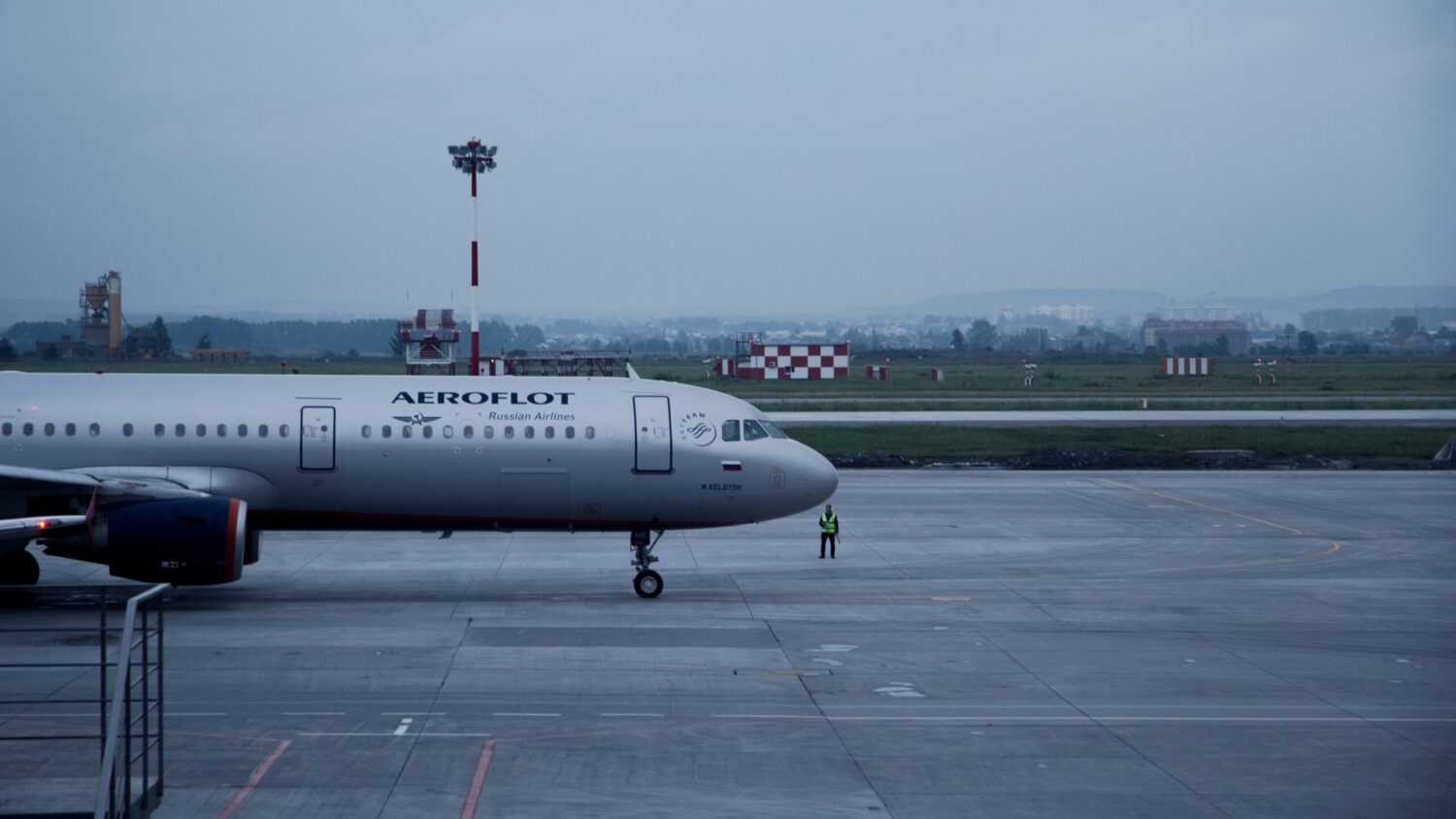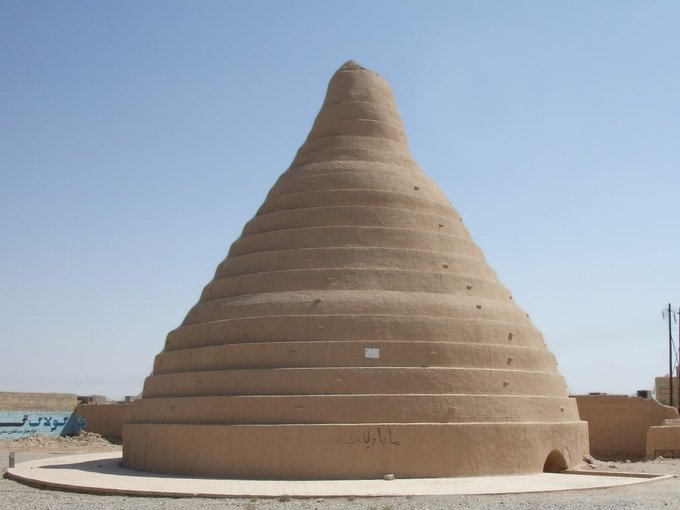Committee on Internal Market and Consumer Protection has approved the Parliament’s draft negotiating position on a new regulation improving the road safety of mobile working equipment.
Cars, lorries and buses are not the only machines that circulate on public roads. Occasionally, working equipment such as construction or agricultural machines also have to use our roads to get from one worksite to another. This, however, can cause dangerous traffic situations because work machinery may not be adequately lit in the dark or their driver’s range of vision can be limited, for example.
Until now it was up to the member states to set road safety norms for such machines. But in March 2023, European Commission proposed new rules to address the road safety risks and market fragmentation at the EU level. And, today the Committee on Internal Market and Consumer Protection adopted Parliament’s draft negotiating mandate on this proposal.
EU certification procedure
The Commission wants to establish a number of road safety requirements that cover for example brakes, steering, field of vision, lighting, dimensions and many other elements. Manufacturers would have to comply with these requirements and submit their machines for road safety testing and compliance checks before putting them on the EU market. If a machine passes the tests, it will be issued a certificate that allows the same type of machinery to be sold in all the EU. Thereafter, the manufacturer’s production processes would be regularly checked to make sure new machines remain compliant with the rules.
Scope
According to the initial proposal the regulation would cover working equipment with up to three seats (including the driver’s) and a maximum design speed of under 40km/h. Tractors, quadricycles, trailers or machinery primarily intended for the transport of persons or animals would not be covered. Machinery that would circulate only in the territory of one member state or that is produced only in small series would also be excluded from the scope.
MEPs have further specified that the regulation should cover only new machinery made by an EU manufacturer or new or second-hand machinery imported from a third country. Additionally, MEPs want to include towed equipment and leave out field-testing prototypes.
Information exchange and transition period
The proposal foresees a cooperation and information exchange mechanisms for the member states so that all countries would be immediately notified of any problems with a specific piece of equipment and of any new machinery allowed to circulate on European public roads.
Importantly, the regulation would also set a transition period of 8 years during which the manufacturers would be able to choose whether they want to apply for the EU certificate or keep complying with relevant national laws only.
Quote
After the vote, Parliament’s rapporteur for the file, Tom Vandenkendelaere (EPP, BE), said: “Today, we took the first step towards completing the European single market for non-road mobile machinery. This proposal makes it possible for producers to have machines such as construction machines, harvesters and city mowers type-approved in one Member State gaining access to the whole Single Market. Compared to the 27 separate approval regimes today, we deliver towards EU manufacturers by decreasing the administration and all related costs. The result is this excellent balance between streamlining procedures and upholding the strongest safety requirements for these machines across the Union.“
Next steps
The report was adopted at the Internal Market and Consumer Protection committee with 38 votes for, 2 votes against and 0 abstentions. The committee also agreed to start interinstitutional negotiations based on this report (37 votes for, 0 against and 2 abstentions). This decision will now have to be announced at the next plenary and if it is not challenged, the Parliament will be ready to start negotiations with the Council on the final form and wording of the regulation.



